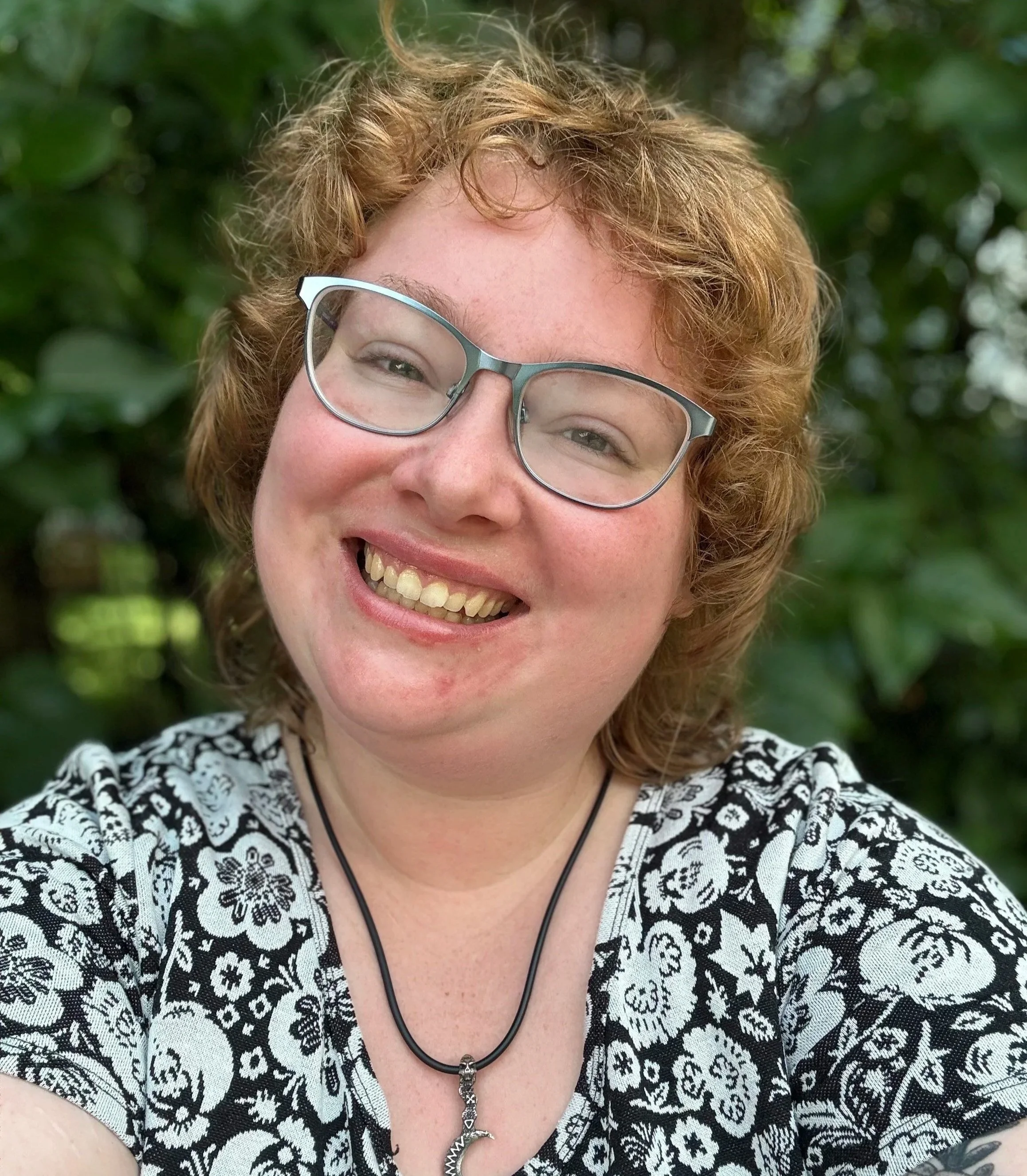Brianna "Bri" Boley, BSW
Graduate Student Therapist
Pronouns: she/her/hers Language(s): English
Location(s): Ypsilanti & Telehealth
Insurances Accepted: Blue Cross Complete, McLaren Medicaid, Molina Medicaid, Priority Health Medicaid, & Washtenaw Health Plan.
My clinical work is under the supervision of Yvette Colon, PhD, BCD, LMSW.
Populations best served:
The LGBTQIA+ community
Survivors of gender-based violence
Survivors of sexual violence & abuse
Individuals navigating identity-based trauma & minority stress
Individuals healing from religious or cult-related traumas
Counseling Specialties:
Somatic awareness therapy
Person-centered therapy
Dialectical Behavioral Therapy (DBT)
IFS parts work
Mindfulness-based work
Trauma-focused therapy, including work with intersectional & complex trauma
About me: I’m deeply passionate about supporting people who’ve experienced systemic injustices, including minority stress, gender-based violence, identity-based trauma, and religious trauma. I see the world through a humanistic, culturally sensitive, and historically aware lens. For me, this means treating every person with dignity & compassion, respecting the richness of their cultural & personal identities, and staying mindful of how systemic oppression & historical context continue to shape our lives today.
Outside of my work as a social worker, I love spending quiet time in the kitchen cooking, relaxing with my animal companions, tending to my little herb garden, and writing poetry. Most nights, I wind down by listening to ASMR before bedtime. My dream is to have my own little farm one day, where I can raise goats and chickens and give back to the earth.
What it’s like in a session with me: I ground my work in decolonial thinking and anti-racist values, always holding awareness that systemic oppression is a very real part of many people’s lived experiences. In therapy, I take a person-centered, trauma-informed approach, meeting you where you are and walking alongside you as you build safety, connection, and meaning in your life and relationships.
Education & Training:
BSW, Adrian College
Eastern Michigan University’s School of Social Work - Anticipated Graduation, Spring 2025

